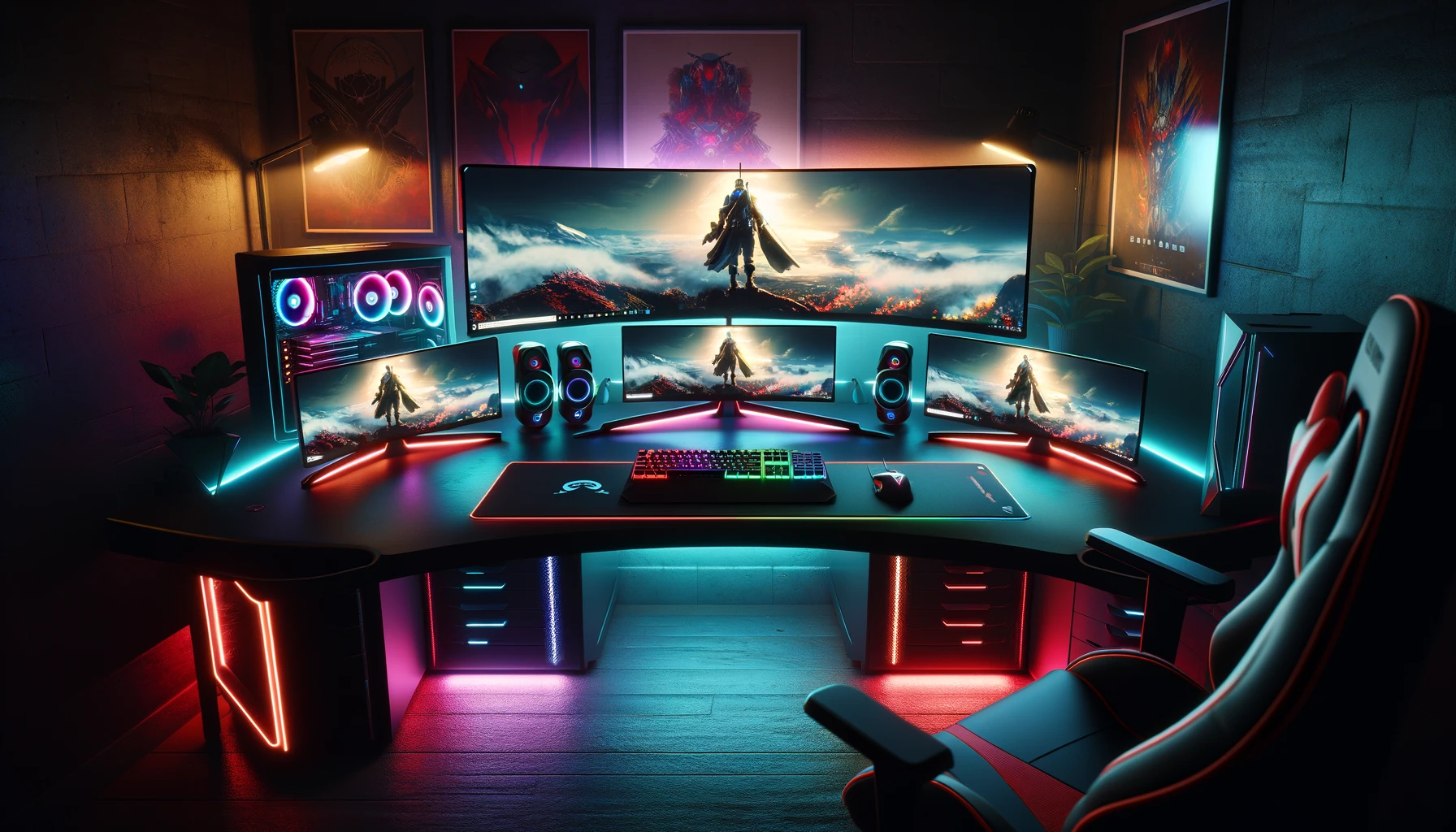A new development in the world of retro gaming has brought The Legend of Zelda: Majora’s Mask natively to PC without requiring an emulator. This breakthrough, achieved through a method called static recompilation, enables superior performance and modding capabilities. Additionally, this technique promises to simplify the porting process for other Nintendo 64 games, significantly reducing the time required for such projects.
The ability to play Nintendo 64 games on PC has been available for over two decades, but emulators often fall short in optimizing for modern hardware and can introduce glitches. Direct ports via decompilation offer better experiences but are labor-intensive, often taking years to complete. Wiseguy’s static recompilation, however, accelerates this process by translating the game’s code into C and using advanced rendering techniques like Direct3D12 and Vulkan. This new approach was showcased through a quick turnaround of Majora’s Mask, demonstrating its potential.
Benefits of Static Recompilation
Static recompilation translates a game’s original code into a more modern programming language, allowing for enhanced performance and visual fidelity. This method, although not fully automatic, is much quicker than traditional decompilation, as seen in the rapid development of the Majora’s Mask port. Testing against other emulators revealed superior RDP Accuracy, ensuring that visuals and effects match the original intent without hardware-induced quirks.
Enhanced Features
The PC port of Majora’s Mask, dubbed Zelda 64: Recompiled, includes numerous enhancements. Players now benefit from native controller support, input mapping, autosaving, and widescreen display options. Gyro-aiming, a feature previously limited to the 3DS version, has also been incorporated, along with ray tracing and mod support. Future updates are expected to bring dual analog controls and Ocarina of Time integration. These additions provide a more seamless and enjoyable experience for players.
Key Takeaways
– Static recompilation speeds up the porting process of N64 games by translating code into C.
– The method has been successfully tested with Majora’s Mask, showing high performance and accuracy.
– Enhanced features include native controller support, autosaving, widescreen, and gyro-aiming.
The seamless integration of these features into Zelda 64: Recompiled underscores the potential of static recompilation for other classic games. Unlike traditional emulation, which can struggle with modern hardware, this method takes full advantage of new systems’ capabilities. The visual improvements are especially noteworthy, as modern graphics hardware can render lighting and shading effects that elevate the game’s atmospheric design. This method could potentially revolutionize the way retro games are brought to contemporary platforms, offering a less cumbersome and more visually appealing experience.
Wiseguy’s new tool not only makes the porting process faster but also enhances the final product’s quality. By reducing development time from years to days, static recompilation opens up new possibilities for reviving other beloved N64 titles. This could lead to a wave of native PC ports that offer improved performance, enhanced visuals, and added features that were previously challenging to implement through emulation. The potential for mod support and feature integration further expands the replayability and enjoyment of these classic games.










